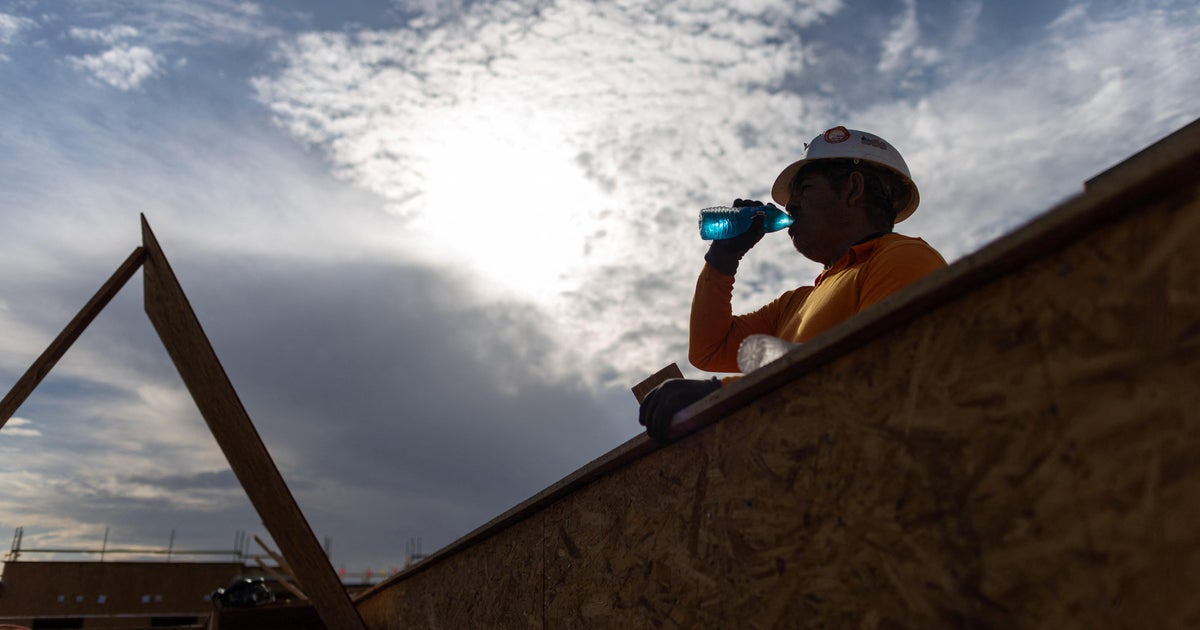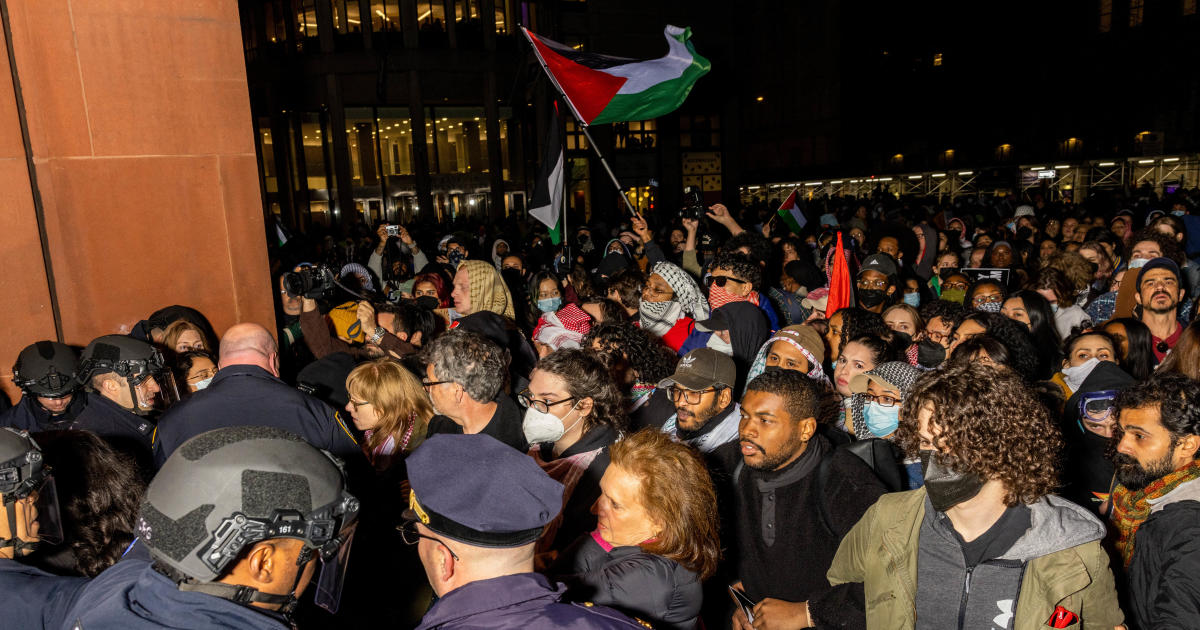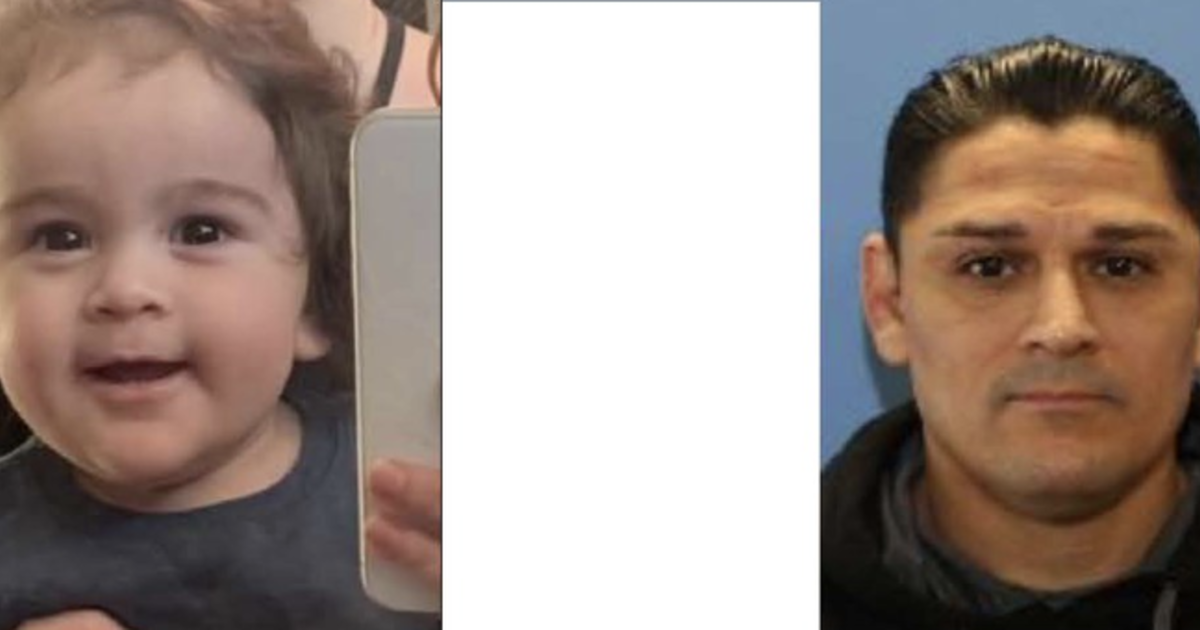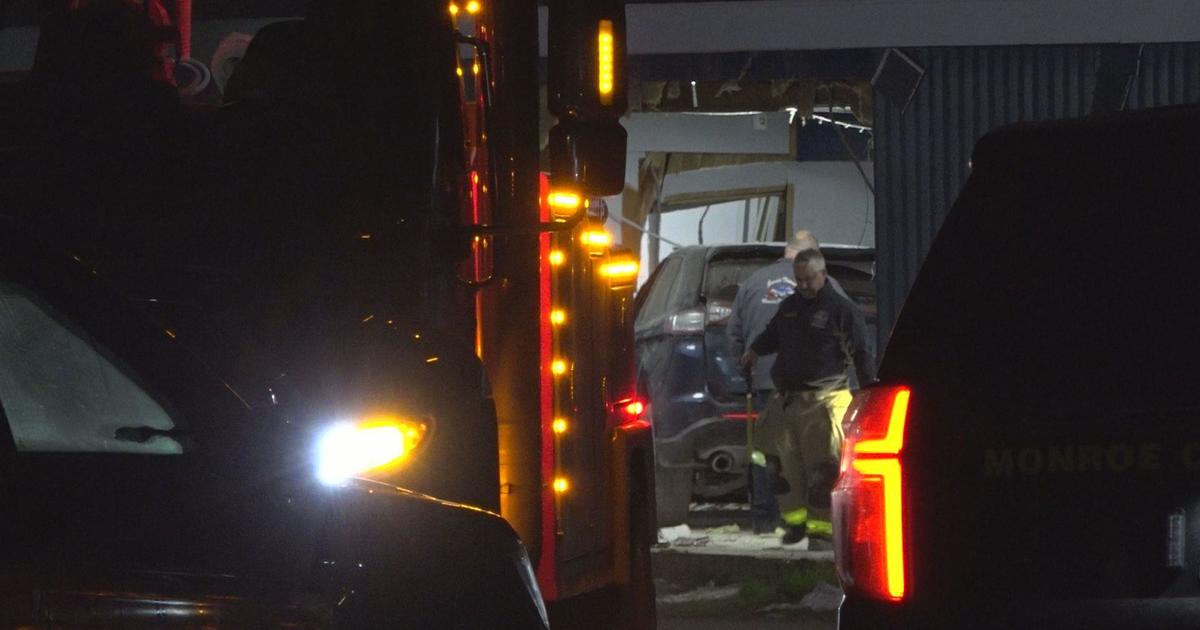New questions as cops say chemical weapon killed Kim Jong Nam
BEIJING -- Malaysian police have identified the poison used to kill the half brother of North Korean dictator Kim Jong Un at an airport in Kuala Lumpur as VX, an extremely dangerous nerve agent developed for chemical warfare.
Kim Jong Nam died shortly after he was attacked last week by two women at the international airport. The two women, and a North Korean chemistry expert, remain in custody.
As CBS News correspondent Adriana Diaz reports, VX is universally banned, and classified as a weapon of mass destruction by the United Nations. Its use against Kim shows the capabilities -- and the resolve -- of his killers.
It took Malaysian police 11 days to put a name to the substance the two women smeared onto Kim's face as he waited at a check-in point in the airport terminal. It killed him in less than an hour.
Malaysian officials found VX in swabs from Kim's face and eyes, but they still don't know where it came from.
"If the amount of the chemical brought in was small, it would be difficult for us to detect," Malaysian police inspector general Khalid Abu Bakar said.
VX is one of the world's deadliest chemical weapons, according to the Centers for Disease Control. It attacks the body's nervous system, causing paralysis and suffocation, even in small doses.
"These agents are known as knock-down agents," University of Southern California toxicology expert Sean Nordt told CBS News. "They can knock down people fairly quick… if it is in a high enough concentration, it is quite fatal."
Fatal, and hard to find -- VX is colorless and odorless, and given its toxicity, only small amounts are required.
Intelligence agencies believe North Korea has one of the world's largest stockpiles of chemical weapons, including VX. The ruling Kim regime denies the accusation.
Meanwhile, Malaysia is still looking to question seven more North Korean suspects believed to be in on the plot, including a diplomat.
North Korea has staunchly refused to cooperate. Their embassy tried to block Kim's autopsy, and has called Malaysia's investigation untrustworthy and politically motivated, sparking a diplomatic crisis.
Now that the poison has been identified, Kuala Lumpur airport is being swept for traces of it, and amid fears the public could be at risk of contamination, so are all other areas the two women are believed to have visited.
As for how the two female suspects survived, experts say people exposed to VX are at less risk if they wash it off quickly, and there is an antidote to the toxin available, which they could have been carrying.
Malaysian police said Friday that one of the two women did suffer vomiting after she was taken into custody, but that she had recovered since.
Experts warned, also, that VX, which is usually a thick liquid and can take weeks to evaporate, could have contaminated anywhere Kim went before he died, including the ambulance he died in.
Weapons experts have told The Associated Press that North Korea likely between 2,500 and 5,000 tons of chemical weapons at its disposal. The isolated totalitarian state has never signed the international treaty banning substances like VX.
In addition to VX and other V-type nerve agents, which are lethal via any contact and remain toxic for a long time, the North Korean regime is also suspected of producing and stockpiling mustard, phosgene, and sarin.



